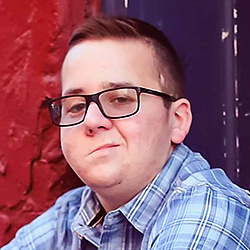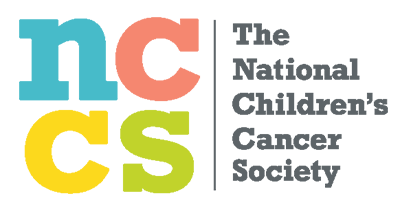
years awarded
I stepped out of the J5 clinic into a plethora of chipper colors and cheerful characters as the nurses lined the hallway in their usual garb, each one a walking advertisement for the newest Disney movies in their themed scrubs. They presented a strong contrast to the while floors, white walls, white ceiling, white everything that was a hospital. It seemed as if they white were symbolic for something, perhaps the clean slate or a new beginning that everyone told me lay ahead of me. Other patients came out front to watch toting along IV poles, sullen faces under plastered-on smiles, and, well, not hair. After posing for numerous photos and answering ridiculously patronizing interview questions (yes, I am glad to be done with chemotherapy and no, I am not going to miss this place), it was finally my time to do it. I stepped up to the less-than-glorious bell and rang it.
What ensued was a series of congratulations, tears (mostly from my mom), pats on the back, and hugs that squeezed a little too hard for the central line on my chest leading directly to my heart. After battling a brain tumor from the age of 22 months and leukemia from the age of 8 years old, the battle for my life was over. Three craniotomies, 6 years of chemotherapy, two rounds of radiation, and countless trips to the hospital later and I was done.
Or so they said.
Nobody ever really talked about what happened next. They did not tell me that all of a sudden, the special treatment (also known as “Cancer Perks”) would slowly fade until my school was not cheering me along everyday on morning announcements, but ignoring me along with the rest of the students. They did not tell me that my maturity levels would always be behind everyone else, making it impossible to fit in with kids my age. They did not tell me that I would never even be able to try to play sports again, ostracizing me from who I believed to be my friends. They did not tell me that ordinary things, like going to my high school football game, would seem more arduous than my last spinal tap as I struggled to maintain my balance while standing on the bleachers with my classmates. They did not tell me that even though I felt normal, no one else would ever see me that way. They do not talk about these “trivial” things when you are facing death.
Nonetheless, I believe these are the ordinary things that make a life a genuine life. It has been 6 years since I rang that bell and while I did not step out into a new beginning, I have worked my way there every day since and attending a great university to continue my education is the next step I want to take. Looking back on my experiences, I feel that I have been given a unique opportunity to help kids going through similar situations. Throughout all of my trials, both during my medical battles and after, I have known that my goal is to one day lessen the burden that childhood cancer, and other terrible illnesses, have on other children in my own career. For this reason, I intend to pursue a career as an intervention specialist to help children not only reach their academic goals, but their social and emotional goals as well.
For me, college is the new beginning that I was supposedly granted years ago when I finished my treatment. College is the place where I can learn to support other kids with disabilities as the work relentlessly towards their new beginning, not by magically being granted it from ringing some artificial metaphor.
